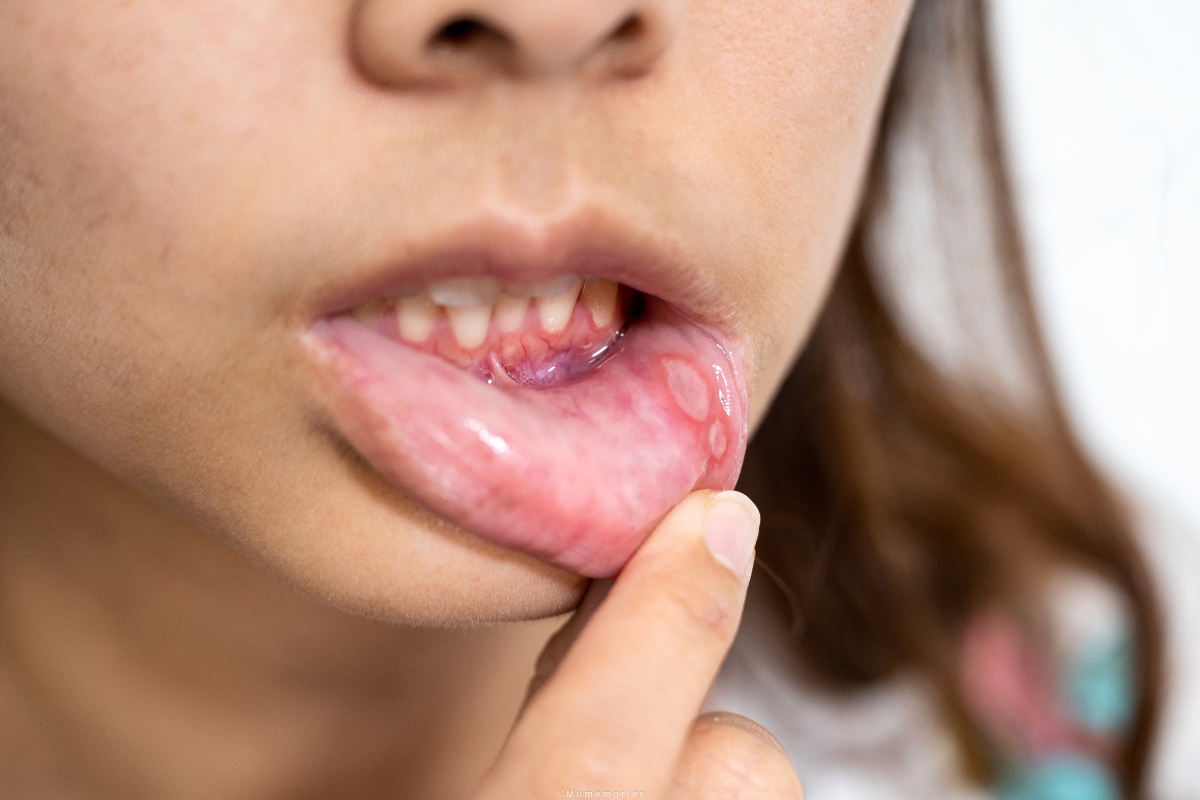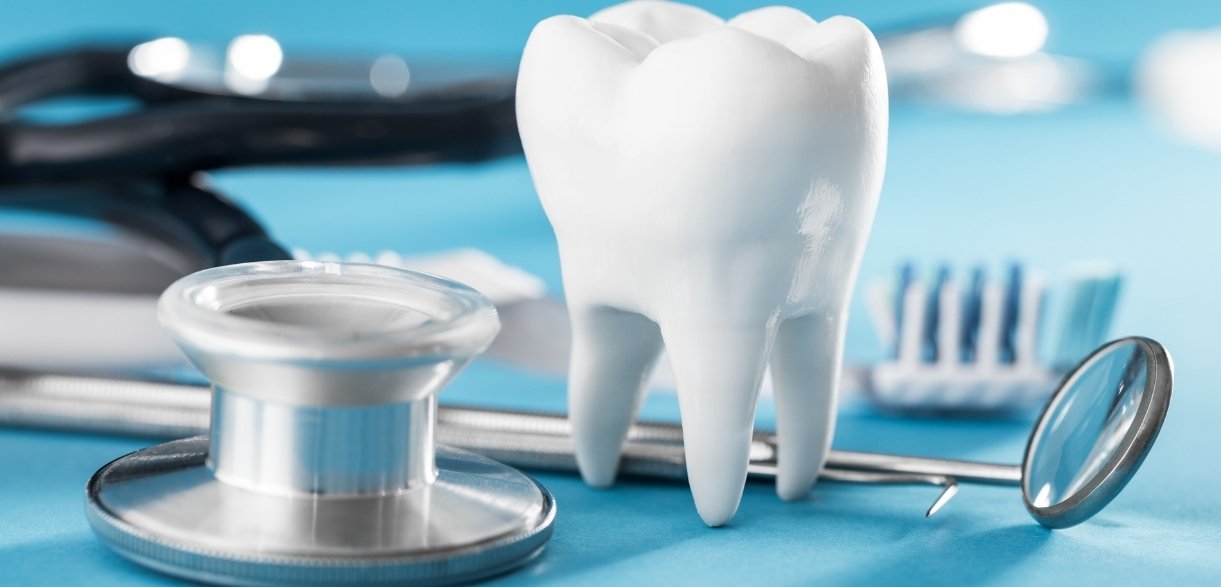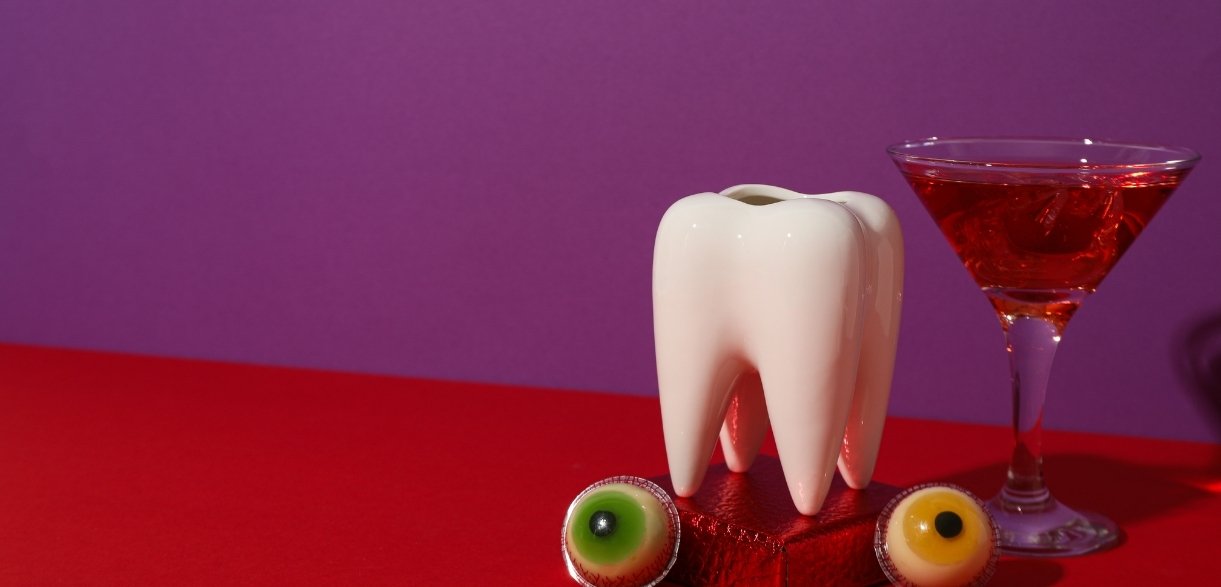
By West Albany Dental
Discomfort in the mouth usually starts subtly but can interfere with eating, talking, and smiling. Two common culprits are cold sores and canker sores. Both are painful, but each has a different cause, appearance, and treatment. To distinguish them is to enable you to treat symptoms on time and prevent complications.
This guide from West Albany Dental explains how to identify each sore, what triggers them, and when to visit a dentist in Albany for professional care.
What Are Canker Sores?
Aphthous ulcers, or canker sores, develop in the mouth—on the gums, cheeks, or tongue. They are non-contagious. The American Academy of Oral Medicine estimates that 20% of people receive them at some time. Suspected causes include:
- Small trauma while undergoing dental treatment or biting your cheek
- Stress or lack of sleep
- Vitamin deficiencies, especially for B12 and iron
- Hormonal changes
They will heal in one to two weeks, usually, but larger lesions will take longer.
What Are Cold Sores?
Cold sores differ because they appear on or around the lips and are caused by the herpes simplex virus (HSV-1). Cold sores are infectious—even before they erupt, unlike canker sores.
They tend to start as burning or tingling, followed by fluid-filled blisters that crust over within 7–10 days. Triggers could be stress, sun, or a weakened immune system.
Since cold sores are viral in nature, antiviral medications sometimes reduce healing time or recurrence rate. Consulting a dentist in Albany for mouth sores can guide you to the right treatment.
Differences Between Canker and Cold Sores
| Feature | Canker Sores | Cold Sores |
| Location | Inside Mouth | Outside Mouth (lips, chin) |
| Cause | Non-Viral (immune, trauma) | Viral (HSV-1) |
| Contagious | No | Yes |
| Appearance | White or Yellow Center, red edge | Fluid-Filled Blisters |
| Healing Time | 1-2 weeks | 7-10 days |
Understanding these differences ensures proper care and prevents spreading cold sores to others.
Home Care for Symptoms
Both sores need gentle oral hygiene:
- Soft-bristled toothbrush
- Rinse with a mild saltwater solution
- Avoid spicy or acidic foods
- Drink plenty of fluids
Over-the-counter topical gels or pain relievers may ease discomfort. For cold sores, antiviral creams or prescription tablets may help if started early.
When to See an Albany Dentist
Several sores may be the sign of something more serious. Visit the best dentist in Albany if you have:
- Sores lasting longer than three weeks
- Pain or difficulty speaking, swallowing
- Frequent sores recurring often
- Extreme pain or swelling
Your dentist can prescribe more intense treatment or remove other issues, so your mouth is healthy.
Prevention Tips
Brush and floss regularly with good oral hygiene
- Take care of stress by exercising or meditating
- Protect lips from the sun with SPF balms
- Eat well with a balanced diet and lots of vitamins and minerals
- Minor lifestyle changes lower the rate at which these sores reappear.
Canker sores and cold sores may resemble each other, but require different treatment options. Knowing the difference enables you to respond quickly, reduce pain, and prevent complications.
If recurring mouth sores or slow healing are occurring, visit West Albany Dental. Our professional staff offers care, attention, and practical solutions to maintain a healthy smile. Call now for lasting relief.








